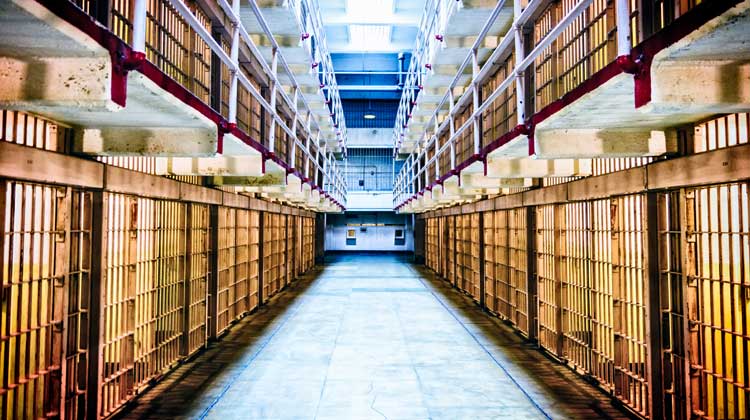
To justify the use of preventive detention, it is necessary to consider the authority from where it comes. For example, that authority may come from the Constitution, legislative acts or the powers given to the president.
However, there is now a growing concern about civil liberties and preventive detention in cases involving counter-terrorism intelligence and homegrown and foreign-based terrorism investigations.
History of Preventive Detention in the U.S.
When you consider the civil liberties and rights granted to us in the Constitution, detaining individuals for preventive measures is one of the most intrusive acts against U.S. residents. The U.S. does not have any statutory power permitting preventive detention.
The Palmer Raids of 1919-1920 and the internment of Japanese and Japanese-Americans during World War II were the only two instances of preventive detentions prior to the 9/11 terrorist attacks. As a result of 9/11, thousands of Arab and Muslim foreign nationals in the United States were detained.
In that instance, preventive detention relied on existing laws including immigration law, the material witness statute, pretextual prosecution and the proclaimed power for detaining enemy combatants. It also included other legislative acts that expanded the preventive detention power.
The Patriot Act, enacted soon after 9/11, has a preventive detention section. The government may detain individuals who are terrorist suspects for seven days without having to show that they are a flight risk or pose a danger.
After the seven-day period, the detainees are granted an immediate habeas corpus review of their detention. However, the government has not used the authority for preventive detention under Section 214 of the Patriot Act.
Preventive Detention and Detaining the Innocent
Preventive detention raises serious concerns about the rights of individuals because there is a high risk of detaining innocent people.
Continue reading here.
Share